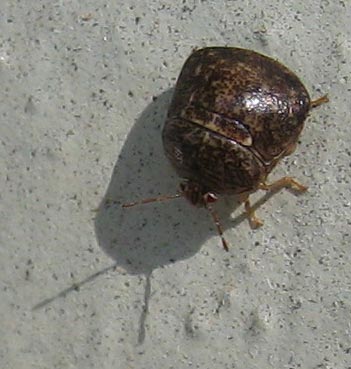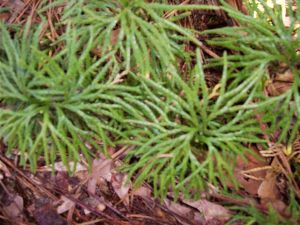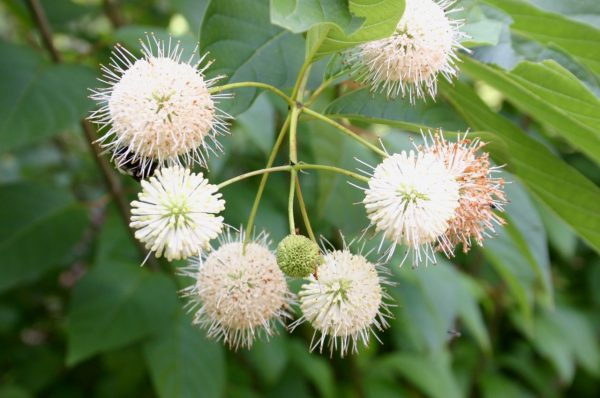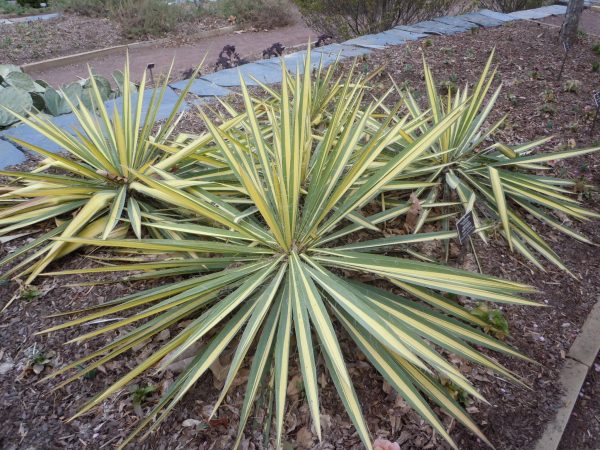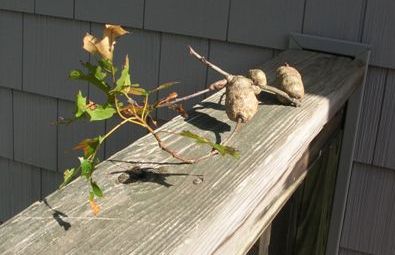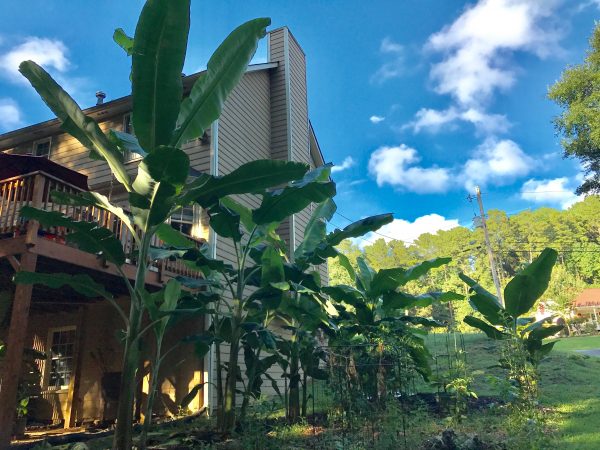Harry Lauder’s Walking Stick
Harry Lauder’s Walking Stick is the folk name of contorted filbert, Corylus avellana L. ‘Contorta’
These notes were contributed by B. J. Thomas, who found this information on E-bay:
Sir Harry Lauder (1870-1950 )
Sir Harry Lauder, the popular singer and entertainer, who won international renown, was born at Number 4 Bridge Street, Portobello, Edinburgh.
As a boy, Lauder worked in a flax-spinning mill in Arbroath, where he attended school, and for a time he was a miner. It was in Arbroath that he first appeared on stage. He had a natural singing voice and a talent for composing simple and tuneful songs.
His stage persona depended heavily on the kilt, a curly walking-stick, and much talk of bawbees and allusions to tight-fistedness. Lauder’s critics complained that he caricatured the Scot.
A robust patriot, Harry raised huge sums of money for war charities during the Great War (1914-1918) and entertained troops in the trenches in France, where he came under enemy fire. He was knighted in January 1919 by King George V. He again entertained troops, and broadcast over the wireless with the BBC Scottish Symphony Orchestra during World War II, despite his advanced years. Towards the end of that conflict, and just afterwards, Sir Harry appeared at the docks when American food ships came into Glasgow to publicly thank the crews for coming to Britain’s assistance in her hour of need.
Lauder was just as popular in his own country as he was in England and in innumerable countries overseas. Wearing a kilt and carrying a crooked, knobby stick, he never demanded huge sums of money but gratefully accepted what was offered and became the highest paid entertainer of his time.
Songs like “Roaming in the Gloaming” and “Keep Right On to the End of the Road” retain their magic and have become part of Scotland’s folk music.
He was knighted in 1919, and in 1927 received the Freedom of Edinburgh award. Sir Harry Lauder died at Lauder Ha’ on the 26th February 1950.



